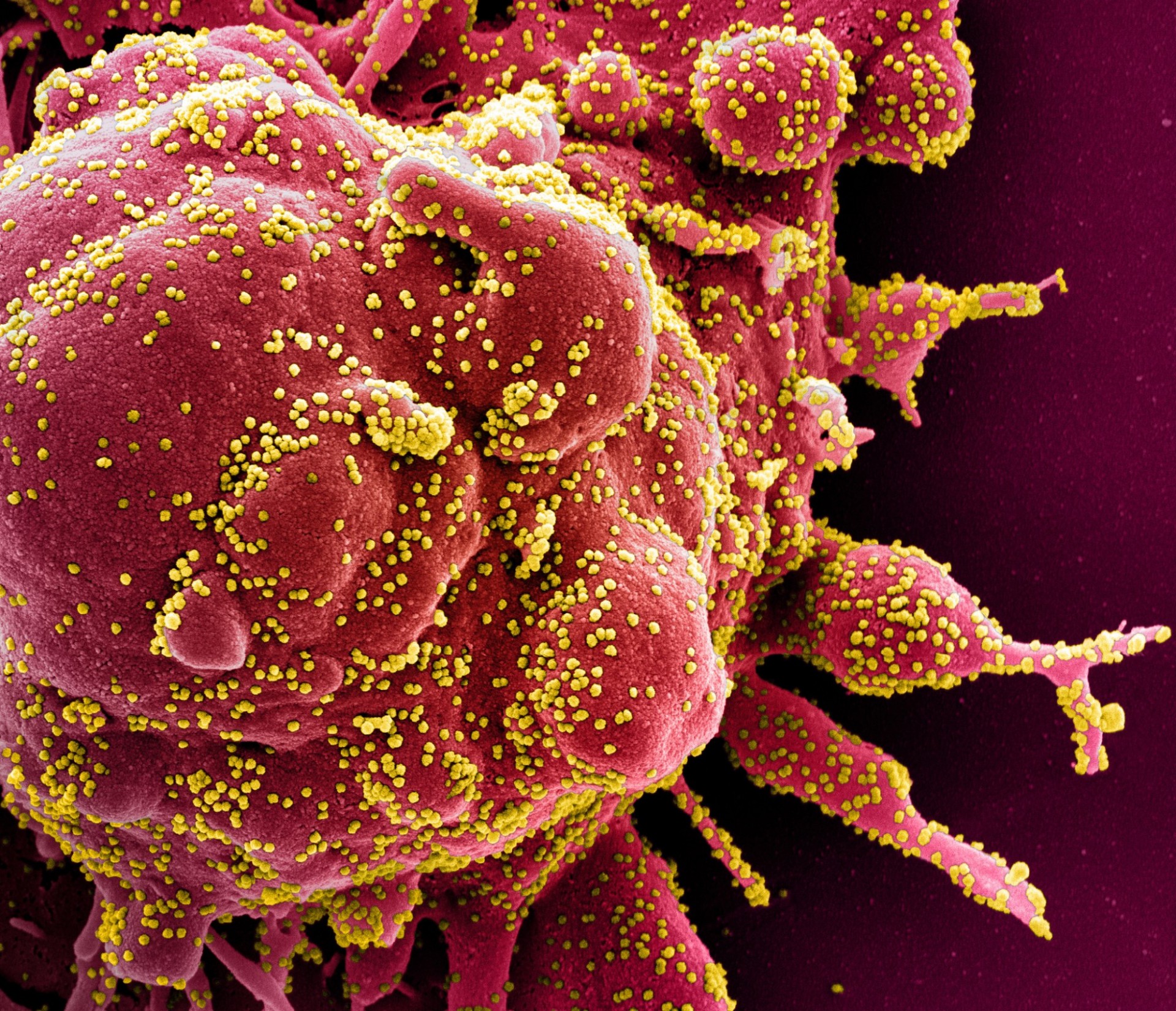COVID-19 Virtual Symposium #17
The seventeenth Columbia COVID-19 virtual symposium

Today was the seventeenth Columbia COVID-19 Virtual Symposium.
- COVID-19 Virtual Symposium Series Webpage:
- Sign-up to present at a future symposium
- Sign-up to receive email updates regarding the symposia
- Written Summaries and Video Recordings of Previous Symposia:
- July 29, 2020: COVID-19 Virtual Symposium #16
- July 15, 2020: COVID-19 Virtual Symposium #15
- July 1, 2020: COVID-19 Virtual Symposium #14
- June 24, 2020: COVID-19 Virtual Symposium #13
- June 17, 2020: COVID-19 Virtual Symposium #12
- June 10, 2020: COVID-19 Virtual Symposium #11
- June 3, 2020: COVID-19 Virtual Symposium #10
- May 27, 2020: COVID-19 Virtual Symposium #9
- May 20, 2020: COVID-19 Virtual Symposium #8
- May 13, 2020: COVID-19 Virtual Symposium #7
- May 6, 2020: COVID-19 Virtual Symposium #6
- April 29, 2020: COVID-19 Virtual Symposium #5
- April 22, 2020: COVID-19 Virtual Symposium #4
- April 15, 2020: COVID-19 Virtual Symposium #3
- April 8, 2020: COVID-19 Virtual Symposium #2
- April 1, 2020: COVID-19 Virtual Symposium #1
Presentation Summaries and Video Recordings
Written summaries were kindly provided by the Presenters or the Columbia Researchers Against COVID-19 (CRAC) Team.
If you are having trouble viewing the embedded videos, try refreshing the page. If that doesn't work, visit the Herbert Irving Comprehensive Cancer Center's YouTube page.
Talk 1: Francisca Chou - MD Candidate Class of 2022, Vagelos College of Physicians and Surgeons, Columbia University
Title: Factors Related to Distress Experienced by Physicians During Their First COVID-19 Triage Decision
Summary: Francisca Chou presented the study results of the impact of the pandemic on health workers in terms of distress over triage decisions. 164 participants answered the questionnaire including self-reported rating of their level of distress and various demographic questions. An interesting finding was that neither having received training and/or guidelines on reducing distress significantly helped reducing it. Factors reducing distress were rather expertise and age of the participants, as well as if their triage decisions were consistent with their own core values.
Talk 2: Robin J. Shattock, PhD - Faculty of Medicine, Department of Infectious Disease Chair in Mucosal Infection and Immunity Imperial College London
Title: Development of an saRNA vaccine against COVID-19
Summary: Dr. Shattock presented an approach of a self-amplifying RNA vaccine against COVID-19. It is based on a synthetic platform, which makes it comparably cheap, easy and fast to produce. Since the RNA itself is rather fragile, a multi-lipid complex for delivery was developed, which controllable releases the active compounds based on the surrounding pH level. The vaccine recently left the stage of toxicology testing on rats and just entered the stage of immunogenicity testing in non-human primates.
Talk 3: Xiaoli Xiong, PhD - Postdoctoral Research Scientist Laboratory of Dr. John Briggs, MRC Laboratory of Molecular Biology (LMB) Cambridge, United Kingdom
Title: Engineering a closed thermostable SARS-CoV-2 Spike Protein
Summary: Many therapies against COVID-19 use the S-protein of the virus as a docking point. Dr. Xiong presented his work which shows that the protein actually exists in two states: a retracted and a protruded one. This has influence on the storage at non-freezing temperatures, which Dr. Xiong is counteracting with stabilising crosslinking connections.
Talk 4: Christos Kyratsous, PhD - Vice President of Research, Infectious Diseases and Viral Vector Technologies, Regeneron Pharmaceuticals
Title: Selection, characterization and clinical testing of a fully-human antibody cocktail against SARS-CoV-2 that safeguards against mutational escape
Summary:
Dr. Kyratsous presented Regeneron Pharmaceuticals' proprietary technology platform for accelerated human antibody based vaccine development. The automated platform utilizes mice to produce human antibodies and was able to reduce the preclinical testing time down from years to several months. By using a cocktail of different antibodies, an increased potency and higher robustness against mutations of the virus is achieved. After successful testing of a COVID-19 vaccine on non-human primates it recently entered the clinical testing stage.
Talk 5: Danielle Swaney, PhD - Assistant Professor, Cellular Molecular Pharmacology, University of California, San Francisco
Title: The Global Phosphorylation Landscape of SARS-CoV-2 Infection
Summary: Dr. Swaney reported on the phosphorylation process which is an important signaling process in every stage of the viral replication process. A rapid phosphoproteomic is therefore important for monitoring this process.
Talk 6: Benjamin Terrier, MD, PhD - Professor of Internal Medicine, University of Paris Hôpital Cochin
Title: Impaired type 1 interferon activity and exacerbated inflammatory responses in severe Covid-19
Summary: Dr. Terrier began his talk by reminding the audience that COVID-19 is actually a two step disease. After a mild first stage, some patients enter a somewhat timely delay followed by a severe second stage. He focused his presentation on the exacerbated inflammatory response in the severe stage. His studies showed that the inflammation as well as the concentration of blood leukocyte phenotypes and the viral load in the blood plasma increases with the level of severity. He then proposes some different strategies on how to reduce the symptoms of such severe disease progressions.
Talk 7: Amy S. Gladfelter, PhD - Professor of Biology HHMI Faculty Scholar University of North Carolina at Chapel Hill
Title: Specific viral RNA drives the SARS CoV-2 nucleocapsid to phase separate
Summary: Similar to ordinary matter, proteins and RNA can also be described to behave in a phase-like state: It may be in a gaseous, a liquid or a solid state. The condensation process is often driven by some “sticky spots”, which step by step glue together the individual molecules. She reports her work on the phase separation of SARS CoV-2 treated with N-protein RNA. This process is temperature dependent and might offer specific target points for potential COVID-19 drug treatments.
